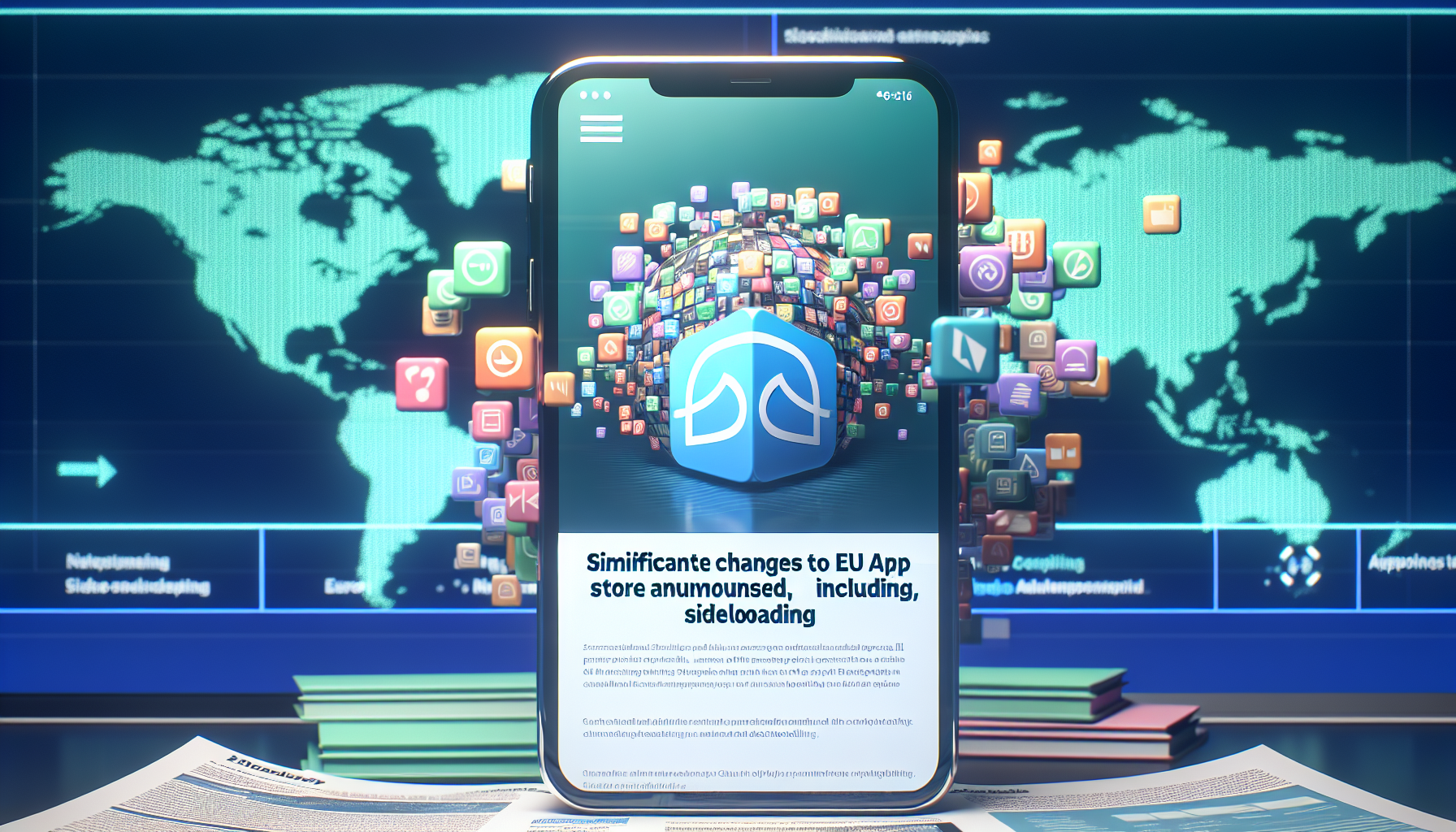
In compliance with the European Union regulations, Apple has declared major modifications to increase the openness of its operating systems, including iOS. These modifications will influence various facets of the iPhone user experience and will be incorporated into iOS 17.4 in March.
The modifications entail the launch of new APIs and tools that enable developers to make their iOS apps available for download from alternative app marketplaces. This also includes a fresh framework and set of APIs that permit third parties to create and manage these stores, essentially generating new types of apps that can download other apps bypassing the App Store.
Apple will also supply APIs and a fresh framework for third-party web browsers to utilize browser engines other than Safari’s WebKit. Until this point, browsers like Chrome and Firefox were constructed on top of Apple’s technology.
The modifications also cover NFC technology and contactless payments. Prior to this, only Apple Pay had complete access to these features on the iPhone. Now, Apple will launch new APIs that will permit banking and wallet app developers to gain more equivalent access.
Developers will have fresh alternatives for utilizing alternative payment service providers within apps and for guiding users to finish payments on external websites via links. They’ll be capable of using their apps to inform users about promotions and deals offered outside of those apps.
Apple states that it will grant European Union users the choice to select default App Stores or default contactless payment apps, in the same way they already can for email clients or web browsers. EU users will also be asked to select a default browser when they initially open Safari in iOS 17.4 or later.
These changes will be exclusive to the EU; Apple does not plan to introduce them in the United States or other regions at present. However, one significant change that goes beyond Europe is that developers can now submit a single app with the ability to stream all of the games presented in their catalog.
Apple is implementing these changes reluctantly in order to adhere to the Digital Markets Act (DMA), a comprehensive antitrust law that aims to make software distribution platforms more equitable for developers. Apple is contesting the legislation, but it still must comply by the current March 6, 2024, deadline.
While Apple will adhere to the DMA, it states that it will also implement what it terms safeguards and protections to minimize risks to users “within the DMA’s constraints.” All iOS apps will need to be notarized, irrespective of whether they are distributed on Apple’s own App Store or an alternative marketplace.
To participate in any of the recently announced capabilities within the EU, developers must consent to new business terms laid out by Apple. The new terms include a reduced commission of either 10 percent or 17 percent on transactions on apps sold within the Apple App Store and a requirement that developers pay an additional 3 percent fee to use the App Store’s payment processing.
These changes have not satisfied critics. Epic Games CEO Tim Sweeney and Rick VanMeter, executive director of the Coalition for App Fairness, have both voiced their dissatisfaction with Apple’s new strategy. It remains to be seen how these new terms will be contested and evolve in the future months.